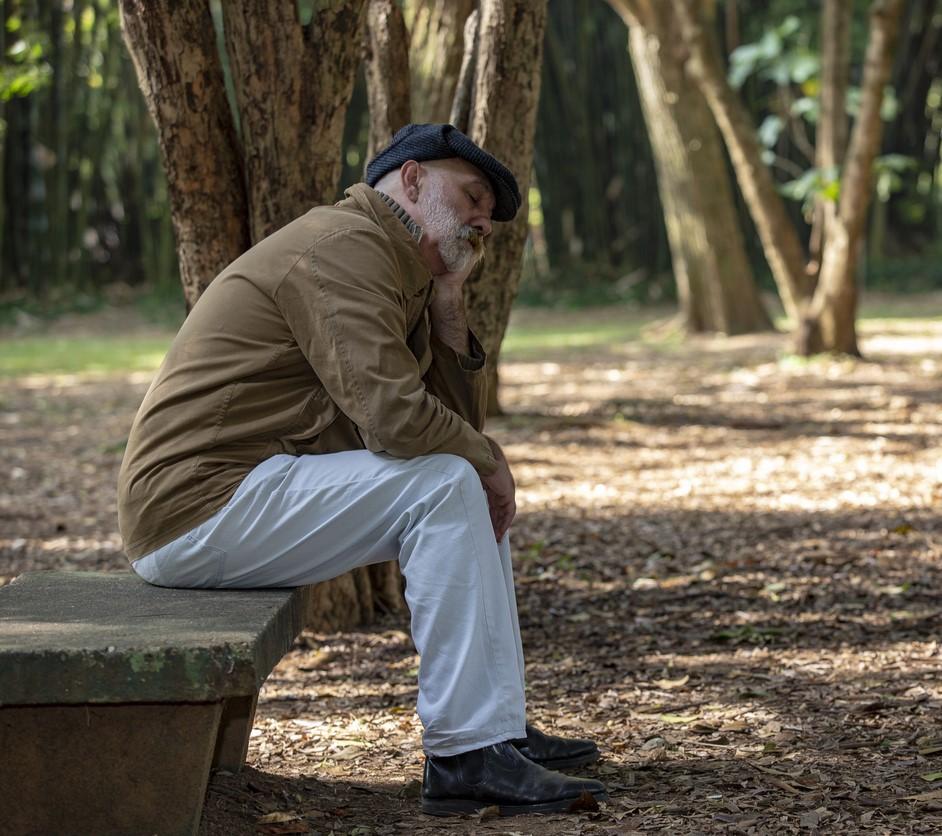People with severe mental illness (SMI) are at a 50% increased risk of death from all causes following COVID-19 infections, according to a study today in The British Journal of Psychiatry.
The study was based on outcomes seen among 660,000 UK patients from February 2020 to April 2021, including 7,146 people with severe mental illness, such as schizophrenia, bipolar disorder, and psychosis. The authors compared outcomes between cases—those with SMIs—and controls, those without. All data came from the Clinical Practice Research Database, which contains more than 60 million anonymized electronic primary care records.
Following COVID-19 infection, the SMI group experienced a greater risk of death compared with controls (adjusted hazard ratio, 1.53; 95% confidence interval, 1.39 to 1.68).
"Patients with an SMI were older than controls," the authors said. "A higher proportion of patients with an SMI who contracted COVID-19 were obese, current smokers and of Black Caribbean/Black African ethnicity, compared with the other groups, and had multimorbidity."
Authors recommend vaccination
Black people were at a 22% higher risk of death following COVID-19 infection than White people, regardless of SMI diagnosis or lack of diagnosis. In addition, while all-cause mortality decreased after the first wave of COVID-19 infections in the country (February to September 2020) for controls, rates remained steady for those with SMI.
These are stark findings.
"These are stark findings and highlight the health inequalities that exist for people living with severe mental illness, people from racialised groups and people from different regions of the country," said lead study author Jayati Das-Munshi, MBBS, PhD, in a press release.
The authors concluded by emphasizing the importance of vaccines for SMI patients and the use of medical therapeutics early in the course of infection.

.jpg)













